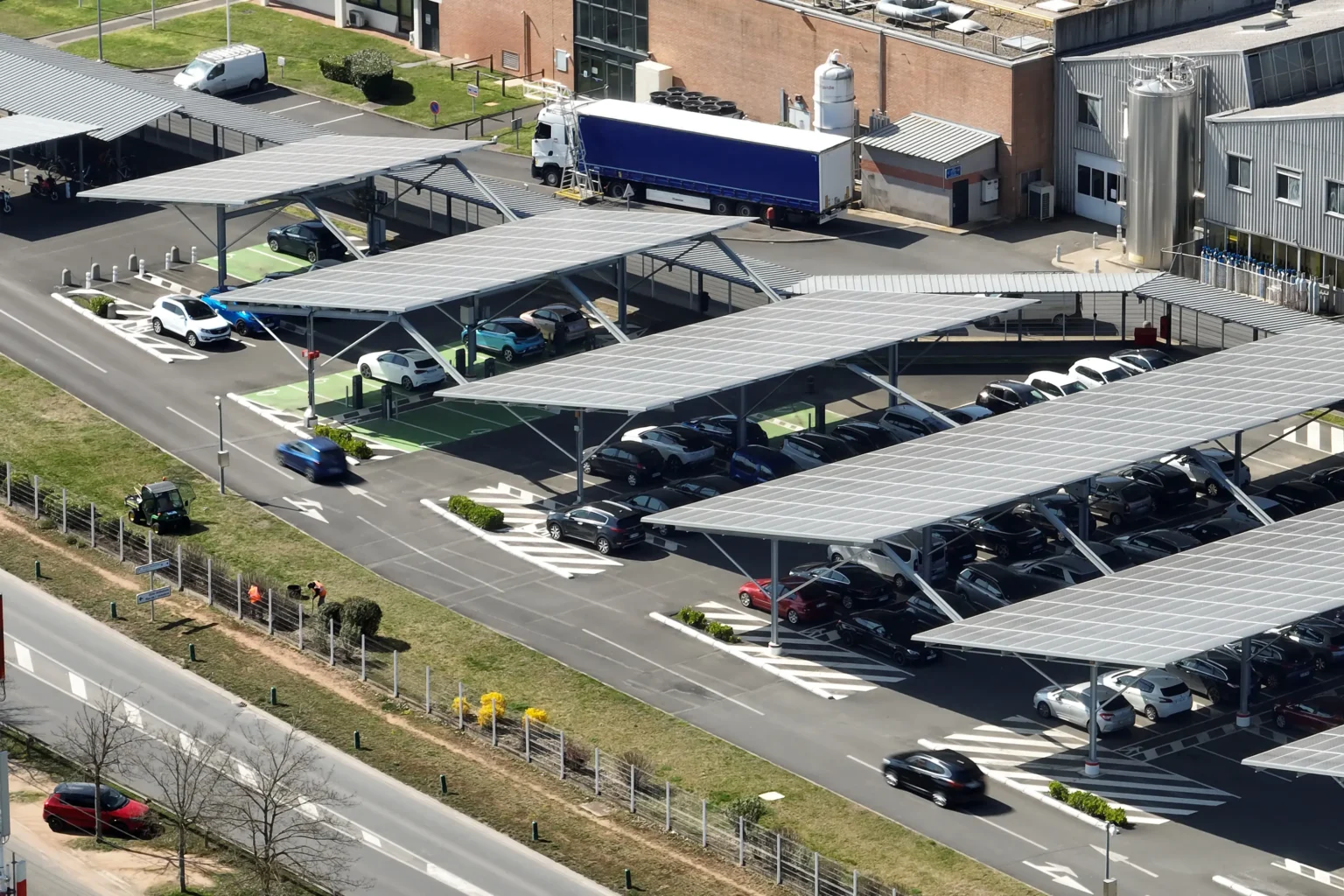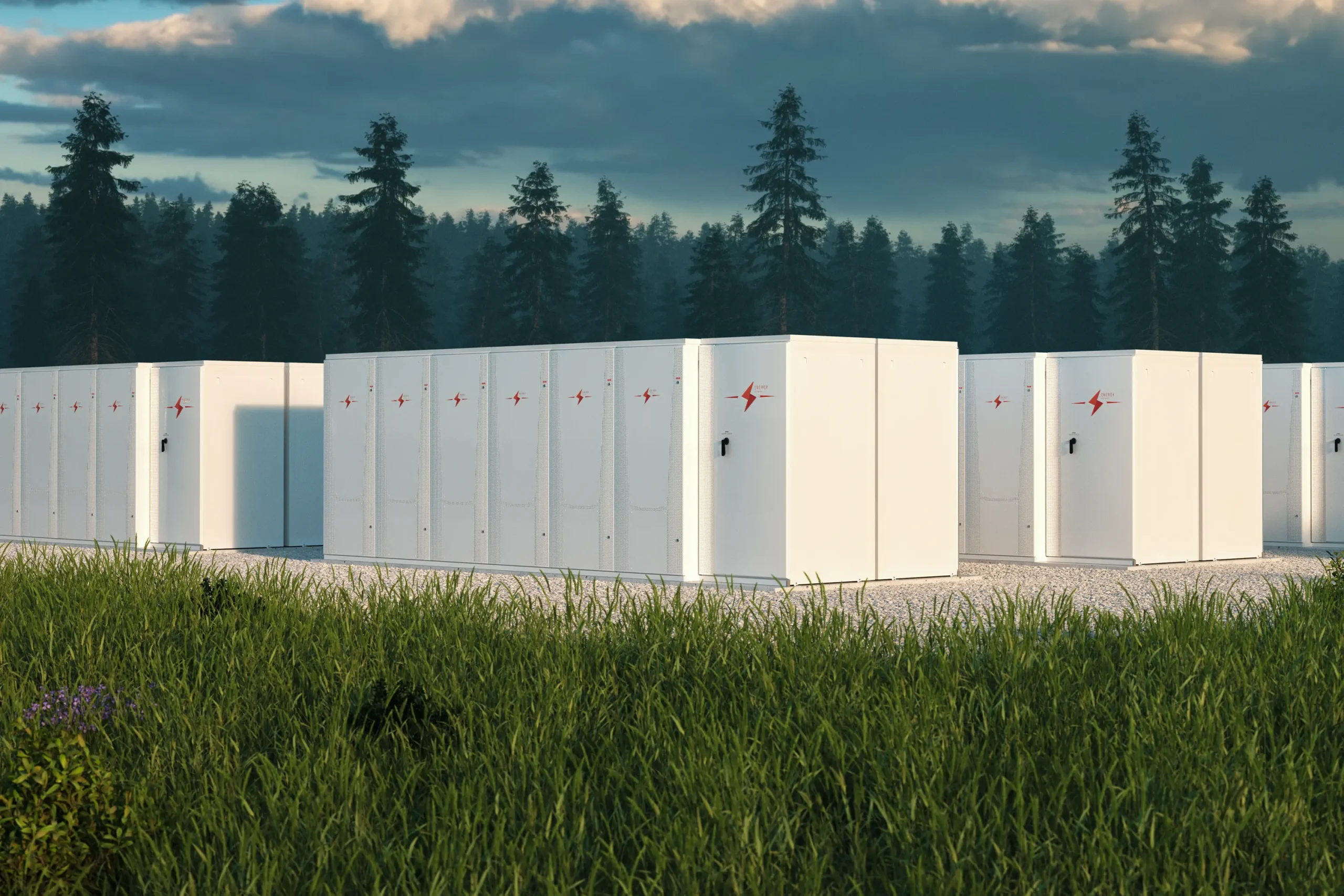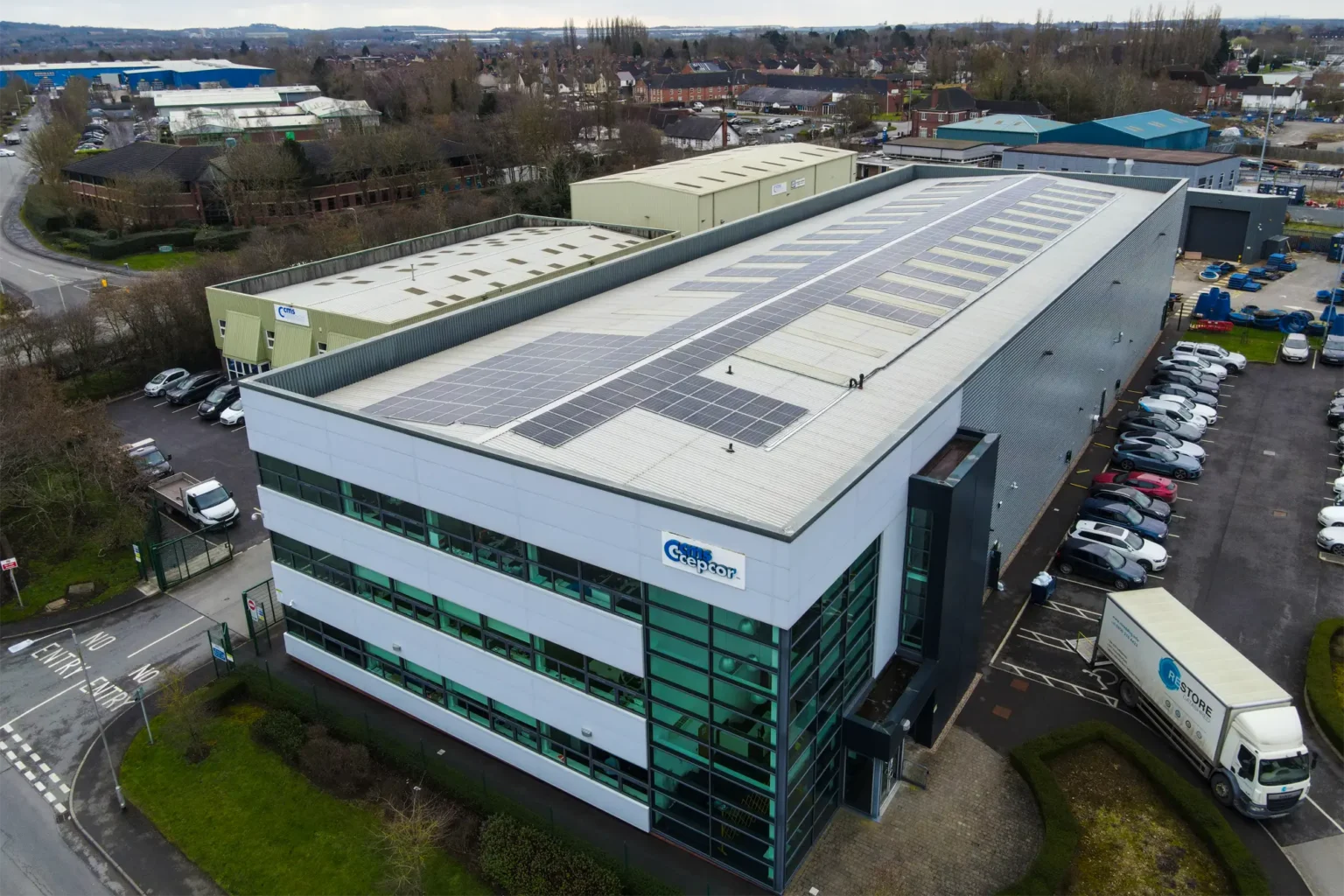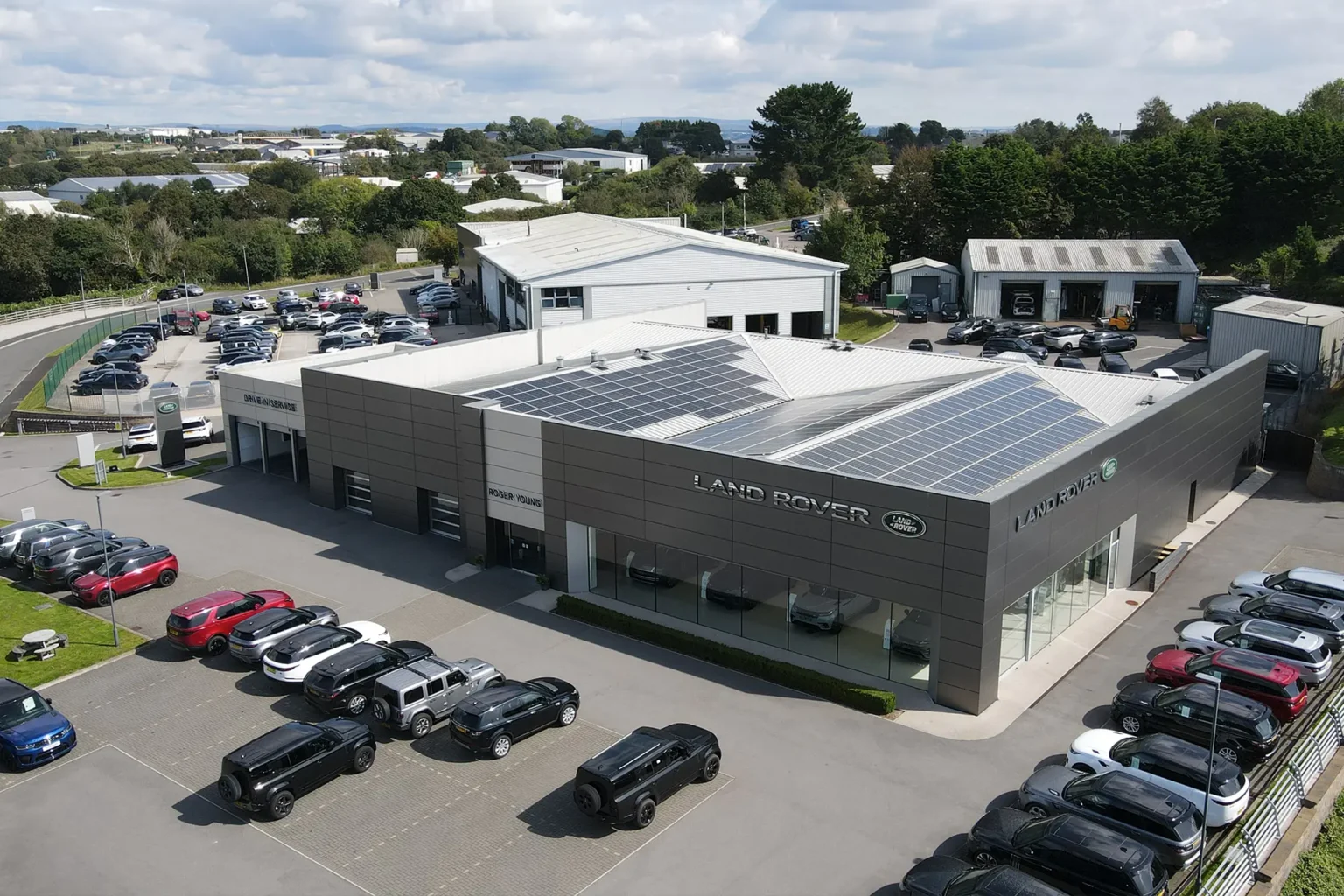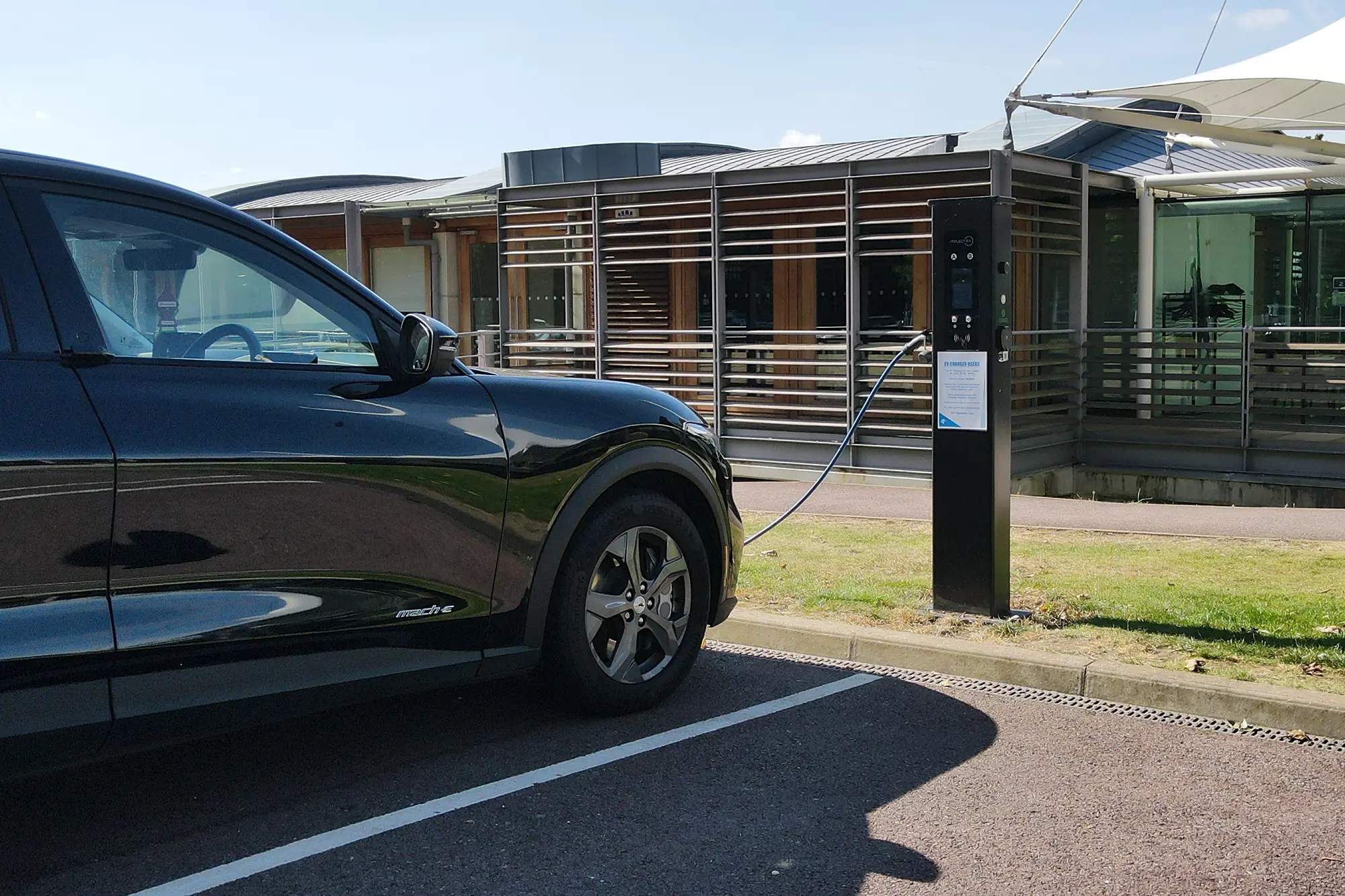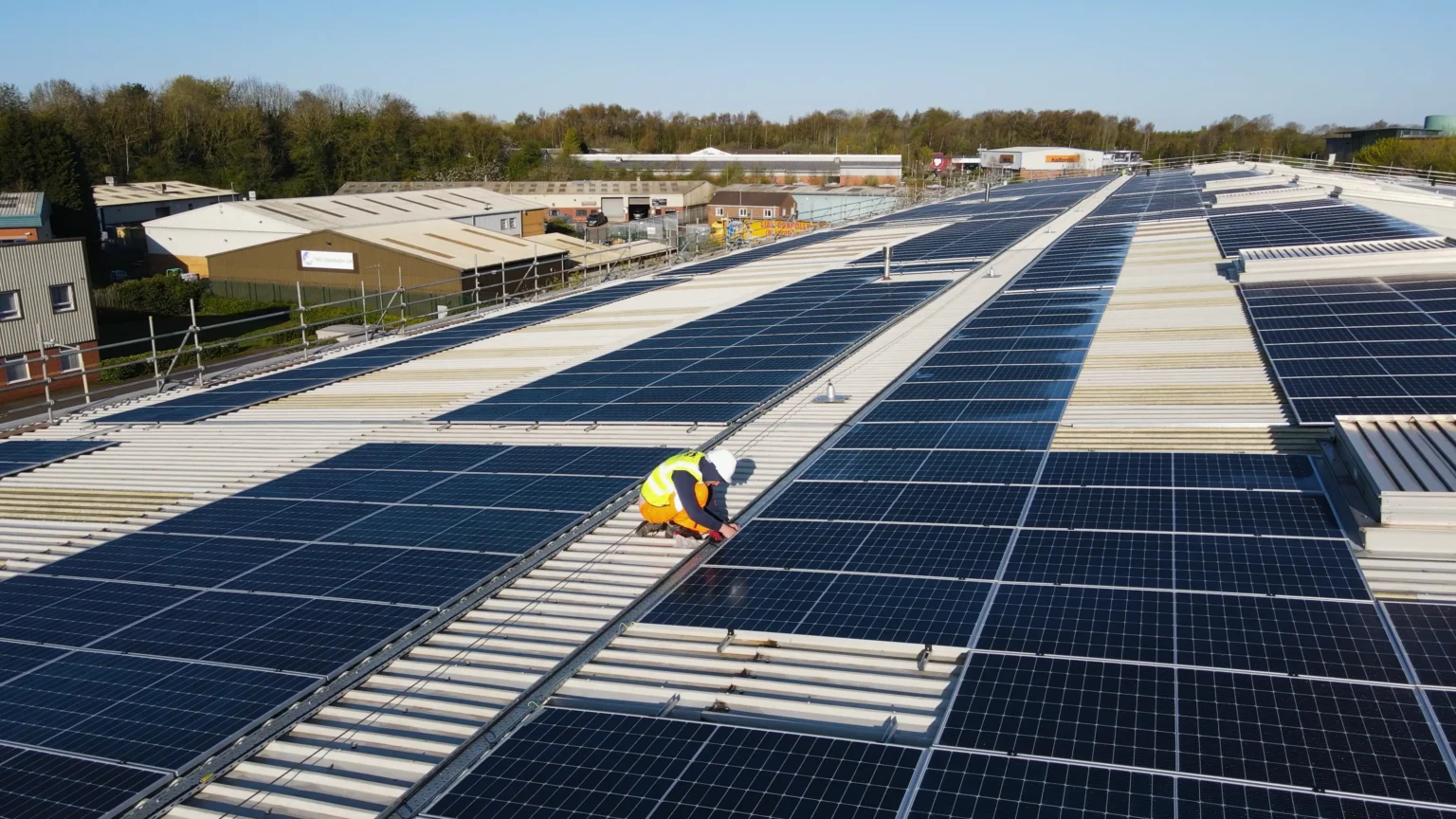The Minimum Energy Efficiency Standards (MEES) are UK regulations designed to improve the energy efficiency of commercial buildings. By 1st April 2027, MEES requirements mandate that all non-domestic rented buildings must have an Energy Performance Certificate (EPC) rating of at least C. If a building cannot meet this standard, the landlord must register a valid exemption.
This requirement is part of a phased approach, with the next milestone being an EPC rating of B by 1st April 2030. The goal is to drive significant improvements in building energy efficiency, contributing to the UK's broader climate targets.
Obviously, retaining heat through higher specification windows and better insulation in roof voids are two clear ways of improving energy performance. However, installing solar panels can also positively contribute towards MEES compliance and improve EPC ratings. Solar panels generate clean and renewable energy and reduce reliance on grid electricity (especially if married with investment in commercial battery storage systems linked to your solar array). Battery storage also makes it easier to manage sale of excess power back into the Grid at times when the best feed-in tariffs can be accessed.
Moreover, solar reduces operational costs associated with running your premises. The result is that most customers that Project Better Energy has worked with to install solar and battery storage systems have been able to report better EPC ratings as their buildings increase their energy efficiency. So, with solar installation on your buildings’ roofs, it becomes possible to more than halve your energy bills, while simultaneously meeting more challenging EPC rating requirements.
So, if you want the dual benefit of reducing your electricity bills substantially and uprating your premises’ EPC rating, then solar installation is the answer for many commercial landlords. Come to Project Better Energy to book in a consultation or complete a site survey.







